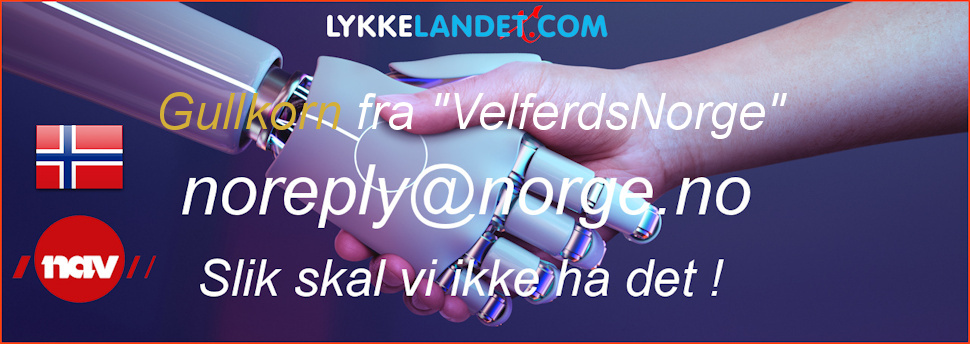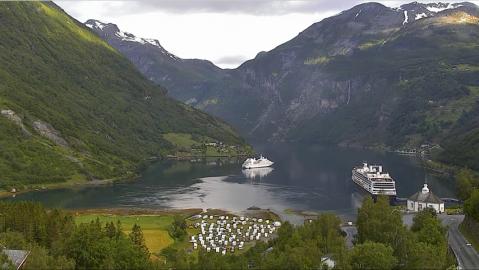Thursday, 20 July, 2023
Online via Zoom
Sweden and Finland have reacted to Russian aggression in Europe by reversing their previous non-alignment and seeking to join NATO so that now neutrality has all but disappeared from the Baltic Sea region. However the principle of neutrality has previously played a key role in the geopolitical structure of the Baltic. This online panel considers the history of neutrality in the Baltic region, from its crystallisation in the early modern period to its apparent demise in the present day.
Neutrality was famously articulated in Hugo Grotius’ writings on the laws of war and peace in 1625, whilst his opinions on the mare liberum or the free seas was published in 1609. Yet even before this, Dutch and Hanseatic ships were claiming immunity to trade freely in the Baltic without being disrupted by privateers or being forced to take sides during conflict. Dutch traders were particularly keen to keep peace between Denmark and Sweden in order to keep the Sound Toll open. Meanwhile, smaller polities such as Courland and Schleswig-Holstein claimed neutrality to stop their sovereignty and trade coming under threat. During the American War of Independence and the Napoleonic Wars, Baltic countries participated in two alliances of Armed Neutrality, which sought to prevent British ships from searching neutral vessels for potential French contraband. The alliances, both of which included Denmark-Norway, Russia, Sweden and Prussia had differing fortunes. Whilst the first proved a reasonable success, the second fell apart with the British attacking the Danes in 1801 and 1807. In the twentieth century, neutrality has been attempted with varying success. Sweden’s neutrality lasted throughout the century, surviving both World Wars and the Cold War. The policy of Finlandisation preserved the Finnish state as an independent nation after conflict with the Soviet Union during the Winter and Continuation Wars. The neutrality of the 1934 Baltic Entente, comprising the three Baltic States, was dismissed in 1940 after invasion by the Soviet Union. Poland had previously been eager to construct such a neutral alliance in the Baltic but it was impossible as a consequence of the Poland-Lithuania crisis over the status of Vilnius.
Now, as the Baltic is close to becoming almost encircled by NATO members, the Centre for Geopolitics seeks to examine the changing interpretations of Baltic neutrality throughout the centuries, its uses, successes and failures, as well as the question of whether it will again be relevant in this region. Our speakers will talk on Early Modern Neutrality, Armed Neutrality and Modern-Day Neutrality.
Panel:
Dr Cathleen Sarti, Lecturer in Early Modern European History, Oxford University, currently writing about the role of the Baltic within the European Fiscal-Military System
Professor Leos Muller, Professor in History, Stockholm University, Author Neutrality in World History (2019)
John Freeman UK Permanent Representative to the United Nations in Vienna 1997–2001 and to the Conference on Disarmament 2004–2006, and Deputy Director-General of the Organisation for the Prohibition of Chemical Weapons 2006–2011.
Chair: Rt Hon Charles Clarke former Home Secretary and Co-founder of the Baltic Geopolitics Programme at Cambridge
Online via Zoom
Sweden and Finland have reacted to Russian aggression in Europe by reversing their previous non-alignment and seeking to join NATO so that now neutrality has all but disappeared from the Baltic Sea region. However the principle of neutrality has previously played a key role in the geopolitical structure of the Baltic. This online panel considers the history of neutrality in the Baltic region, from its crystallisation in the early modern period to its apparent demise in the present day.
Neutrality was famously articulated in Hugo Grotius’ writings on the laws of war and peace in 1625, whilst his opinions on the mare liberum or the free seas was published in 1609. Yet even before this, Dutch and Hanseatic ships were claiming immunity to trade freely in the Baltic without being disrupted by privateers or being forced to take sides during conflict. Dutch traders were particularly keen to keep peace between Denmark and Sweden in order to keep the Sound Toll open. Meanwhile, smaller polities such as Courland and Schleswig-Holstein claimed neutrality to stop their sovereignty and trade coming under threat. During the American War of Independence and the Napoleonic Wars, Baltic countries participated in two alliances of Armed Neutrality, which sought to prevent British ships from searching neutral vessels for potential French contraband. The alliances, both of which included Denmark-Norway, Russia, Sweden and Prussia had differing fortunes. Whilst the first proved a reasonable success, the second fell apart with the British attacking the Danes in 1801 and 1807. In the twentieth century, neutrality has been attempted with varying success. Sweden’s neutrality lasted throughout the century, surviving both World Wars and the Cold War. The policy of Finlandisation preserved the Finnish state as an independent nation after conflict with the Soviet Union during the Winter and Continuation Wars. The neutrality of the 1934 Baltic Entente, comprising the three Baltic States, was dismissed in 1940 after invasion by the Soviet Union. Poland had previously been eager to construct such a neutral alliance in the Baltic but it was impossible as a consequence of the Poland-Lithuania crisis over the status of Vilnius.
Now, as the Baltic is close to becoming almost encircled by NATO members, the Centre for Geopolitics seeks to examine the changing interpretations of Baltic neutrality throughout the centuries, its uses, successes and failures, as well as the question of whether it will again be relevant in this region. Our speakers will talk on Early Modern Neutrality, Armed Neutrality and Modern-Day Neutrality.
Panel:
Dr Cathleen Sarti, Lecturer in Early Modern European History, Oxford University, currently writing about the role of the Baltic within the European Fiscal-Military System
Professor Leos Muller, Professor in History, Stockholm University, Author Neutrality in World History (2019)
John Freeman UK Permanent Representative to the United Nations in Vienna 1997–2001 and to the Conference on Disarmament 2004–2006, and Deputy Director-General of the Organisation for the Prohibition of Chemical Weapons 2006–2011.
Chair: Rt Hon Charles Clarke former Home Secretary and Co-founder of the Baltic Geopolitics Programme at Cambridge
- Category
- ATLANTIC ROAD
Commenting disabled.














